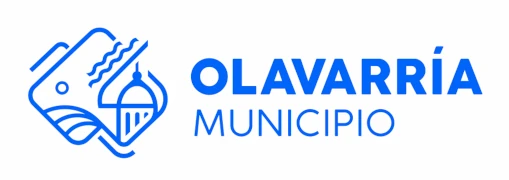10 noviembre, 2024
It’s confidential information on employees and customers, or confidential documents about deals or accounts companies must block access to their electronic documents from prying eyes. Even if employees are trained and trustworthy, it only takes one small error to cause an embarrassing data breach that could harm a company’s image. There are four methods to control the use of electronic files and avoid an incident:
The Administrative Office of the Courts has sought comment on four options to address security and privacy concerns in providing remote electronic public access to case file records. The first option maintains the assumption that all filed court records are accessible in the courthouse and electronically, but it will restrict remote access only to those who have an actual need for the information, such as counsel, parties, court employees, and judges.
The second option permits an individual to access and download all the information found in a case record, but only in cases of an official need. This includes those who are in prison for a crime, and requires the approval of a judge for the request for release of the information.
The third option permits the public to have limited access to certain documents that typically are found in criminal case files. These include plea agreements, as well as not executed arrest warrants. The public is also restricted in access to certain identifying data like Social Security Numbers and financial information. It depends on prosecutors and their attorneys to protect their interest in specific instances by filing motions to secure certain information or exclude it from electronic access.
